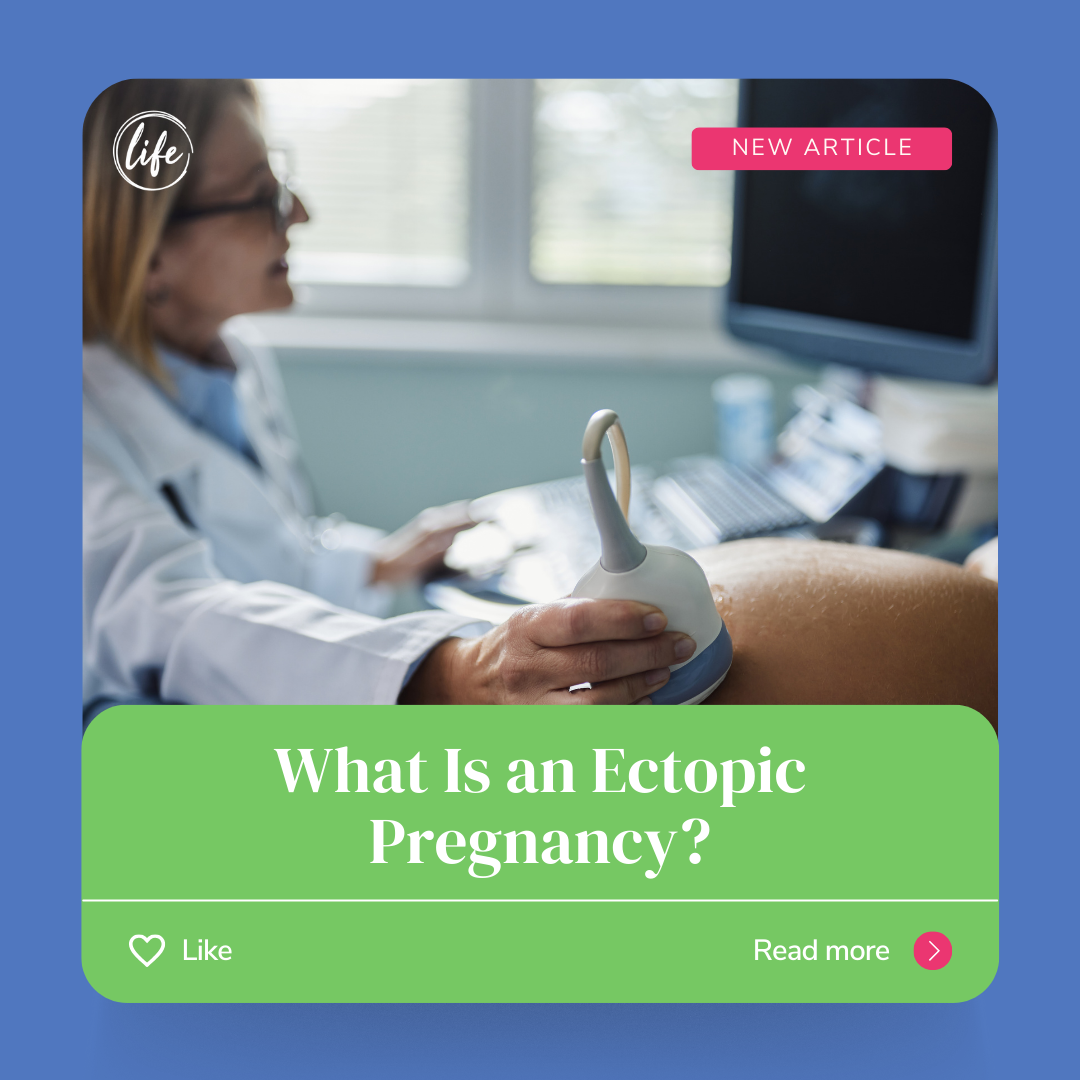
With the introduction of new pro-life laws, there is much confusion surrounding the topic of ectopic pregnancies. What is an ectopic pregnancy? Are ectopic pregnancy treatments protected under pro-life laws? Let’s clear up some of the misconceptions surrounding new legislation:
 What Is an Ectopic Pregnancy?
What Is an Ectopic Pregnancy?
In a normal, healthy pregnancy, the fertilized egg travels down the fallopian tube and into the uterus, where it implants and will remain until birth. This is not the case in an ectopic pregnancy.
In an ectopic pregnancy, the fertilized egg implants somewhere other than the uterine wall—most often in the fallopian tubes but sometimes in the ovary, cervix, or abdominal cavity. Due to the location of implantation, an ectopic pregnancy is not viable or safe for a woman to carry.
In the event of an ectopic pregnancy, women may experience pelvic pain and vaginal bleeding early on. As the pregnancy progresses, women may also experience light-headedness and shoulder pain. Without proper treatment, the fallopian tube will rupture and cause life-threatening bleeding in the abdomen.
Ectopic Treatments and Pro-Life Laws
Because ectopic pregnancies are non-viable and life-threatening, the only treatment would be to terminate the pregnancy with medication or surgery.
Before the fallopian tube has ruptured, the pregnancy can be terminated with a medication like Methotrexate. If the fallopian tube has already ruptured, doctors will perform a laparoscopic procedure in which they remove the fertilized egg—or in some cases, the entire fallopian tube.
Given the nature of these treatments, would terminating an ectopic pregnancy violate pro-life laws?
Since 1883 when Robert Lawson Tait performed the first successful treatment of an ectopic pregnancy, women have received care for ectopic pregnancies in pro-life and pro-abortion states. Following long-established medical practice and law, the woman’s life rightly takes precedence in a situation where her life is at risk. Every pro-life law has this protection. For instance, Texas law states that “an act is not an abortion if the act is done with the intent to…[c] remove an ectopic pregnancy.”
Pro-life laws recognize the difference between an abortion and an ectopic pregnancy treatment. The embryo in an ectopic pregnancy is often already dead or would die if the pregnancy progressed. Ectopic pregnancy treatment is healthcare, as it saves the life of the mother. Elective abortion is not because it takes the life of the preborn child that would have otherwise lived.
Learn more about the various stages of fetal development (conception, first, second, and third trimester) and don’t forget to follow us on social media (Facebook, Instagram, and TikTok).